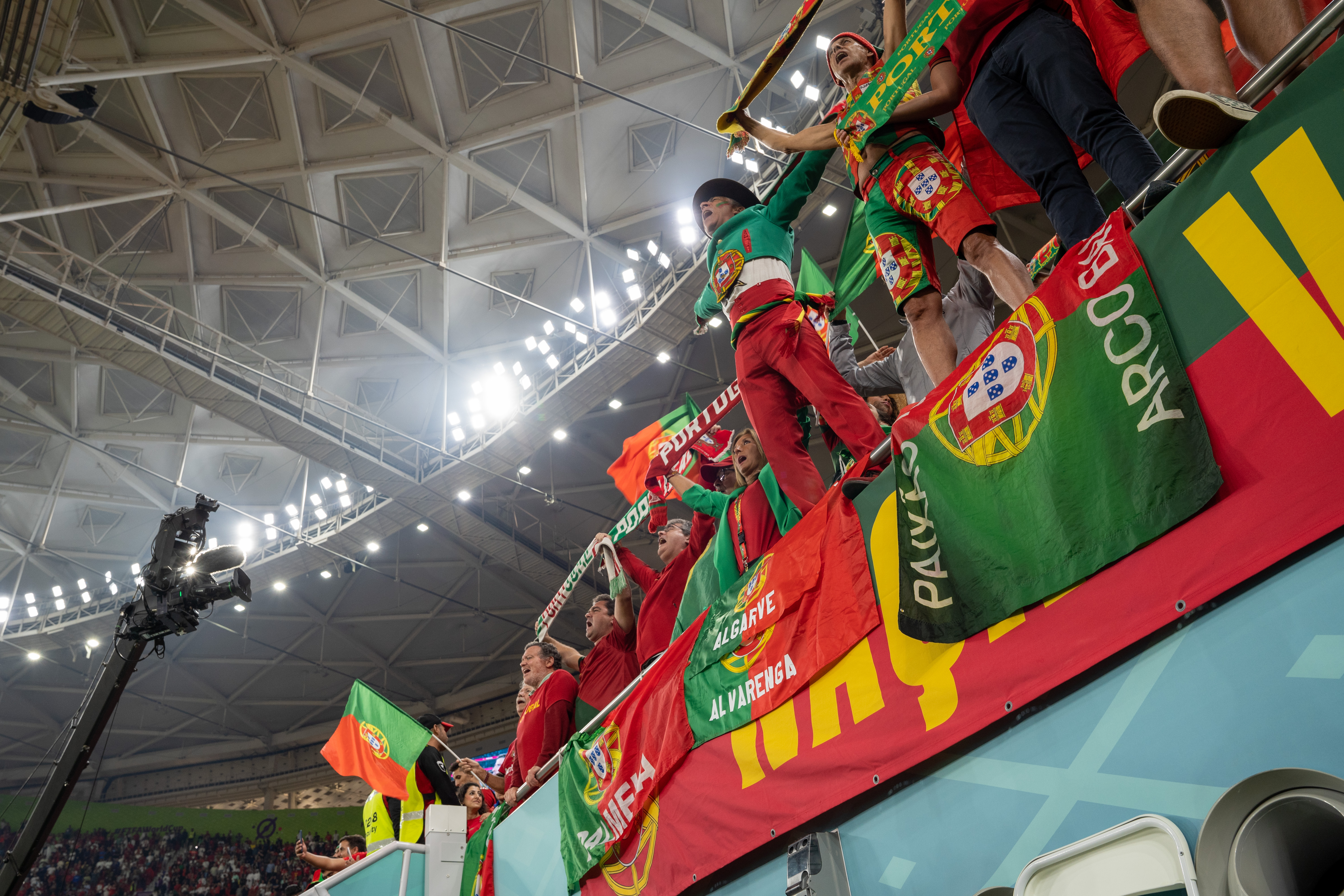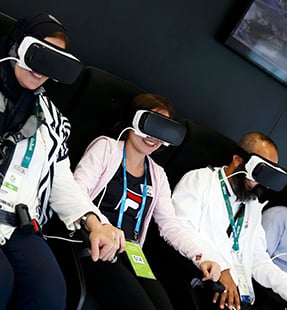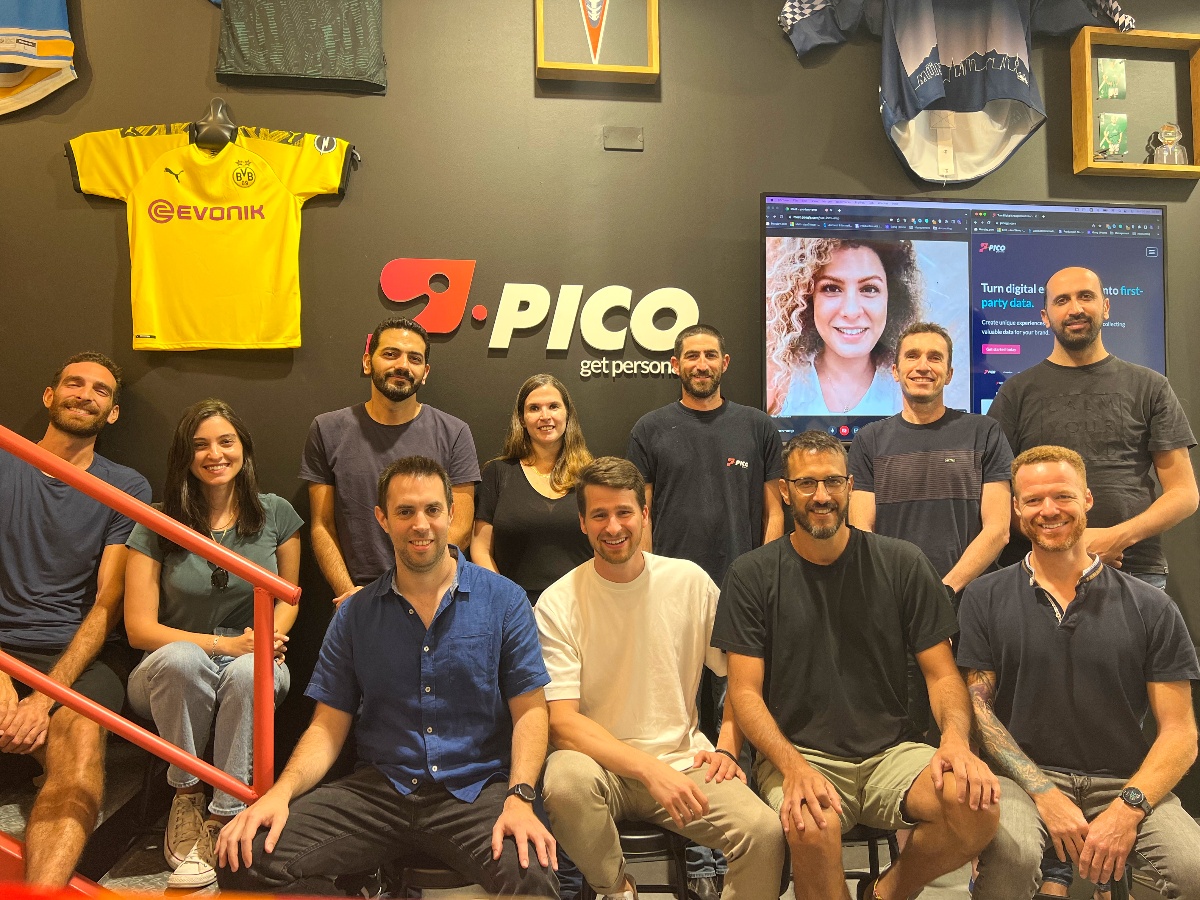97 percent.
That’s the percentage of fans who remain faceless to most of the world’s big sports clubs.
“We're looking at gaps of 97 percent of fans that are not in the database, even 98 percent,” explains Asaf Nevo, CEO and Co-Founder of Pico, Get Personal. “When you look at the bigger clubs you can say, 'okay, you guys don't really know who your fans are.'”
This issue is bigger than sports, and affects the entire entertainment industry. But as sports teams become more global, and the world becomes ever more connected by digital, the problem is becoming even greater.
The faceless fan problem
The entire world is focusing on creating personalized fan experiences. But how can experiences be individualized and personalized when there is no direct connection to fans themselves?
“There's a very big gap between how much teams, leagues and sports properties really know about their fans compared to how many fans they have,” says Nevo.
Larger clubs may have several million fans listed in CRMs or emailing lists, meaning these fans are in databases. But the information they have about fan is limited: what tickets they bought, where they live, their credit card information and so forth.
Nothing is personal. Clubs don’t know a fan’s favorite player, which sponsor is relevant to him or her, what merchandise they want to purchase. You get the picture.
Taking it a step further, while there are several million fans in these lists, the same club may have hundreds of millions of fans globally. These fans may not come to games, but are engaging with the club over social media and via the club’s app. The bigger and more international the fan base, the bigger the problem is for the club.
These are the clubs who only know about three percent of their fan bases, according to Nevo and the Pico team. “The numbers are always very, very big in terms of the gap between how much data you have, compared to how many fans you actually have,” he says.
NFL teams in the United States are “relatively good” at collecting personalized data, he adds. But even they have a 60-70 percent gap in how much they actually know about their fans.
These faceless fans create a ripple through organizations.
.png?width=300&name=Phone%20Mockups%20(32).png)
“We see this across the entire organization: the way teams make decisions, the way teams build strategy,” says Nevo.
“The biggest example for how little teams really know about fans is the whole thing with the Super League. When the Super League came out, all Manchester United fans told them ‘we'
re going to cut our season ticket, and we're never going to go to games
anymore if you do that.’
“It shows you how little they actually know about what fans really like.”
Gaming for information
What does Pico do to solve this problem?
“We analyze what's engaging, and come up with [a list of] topics that fans are engaged with. Now we want to create a more personal one-to-one experience with them.”
These experiences come in the form of mini games, or activations, as Nevo calls them.
“Let's say the topic is a new player. We will create some sort of a gamified experience, whether it's a personal trivia question or a game where you were playing trivia versus the new player, or maybe a prediction about how he is going to perform at the club. Or it could be picking his best highlights from his last team.”
By creating these gaming experiences Pico is able to offer sports organizations a place where fans can voluntarily provide information about themselves. Everything is done in a “very transparent way” and the data is protected and kept within the organizations, he stresses.
How do these games and activations look and where do fans come across them?
It could be a simple call to action on social networks or within an app. Before a fan begins playing the game, there is a “conversational” part, explains Nevo.
“The idea is that every time we meet you, we already know something about you, it's progressively building. Then we can come in and say, ‘Hey Maria, how are you today?’ and it can be very personal.”
Pico offers 20 different types of games, and you can build a hundred activations with each. There are prediction games, quizzes, slot machines, spin the wheel, lotteries, and many games that are similar to hyper-casual games people play on their phones on a regular basis.
.png?width=400&name=platform%20(1).png)
Connecting with fans using data
The games, though, are not the main event. They are “a way to get the fans interacting and engaged.” Once they're engaged, there are different ways in which Pico is able to capture data, which is then automatically labeled by an AI machine, segmented and synchronized with CRMs.
How is the data used?
“Imagine that you're now engaging over Facebook,” says Nevo. “You played this game and we learned that your favorite player is someone and you would like to get a Jersey. [The info is entered] into the CRM. The next day, the team wants to have a merchandise promotion. So instead of just sending out the promotion to everybody and saying, 'hey, there's 20% off at the store,' we can actually segment and say, all fans who like Lewandowski and wanted to have a Jersey, let's send them an offer on the channel that they're currently using.”
So if a fan engages with an activation over Facebook, the fan will get an offer through a Facebook message. If it’s over Instagram, it will be through a direct message. Each message is personalized, with the fan’s name and what they expressed interest in.
This experience is key, and satisfaction numbers increase when the offer is personalized in such a way. But experiences don’t just have to be around purchasing merchandise. Teams can send highlights of favorite players or offer last minute tickets to games - that’s how several NHL teams reached nearly zero empty seats by using Pico.
Personalized experiences are becoming more and more important in the 21st century, and this trend isn’t showing signs of slowing down. If anything, experiences are going to become even more personal, which means sports organizations need to get to know their fans on a more personal level.

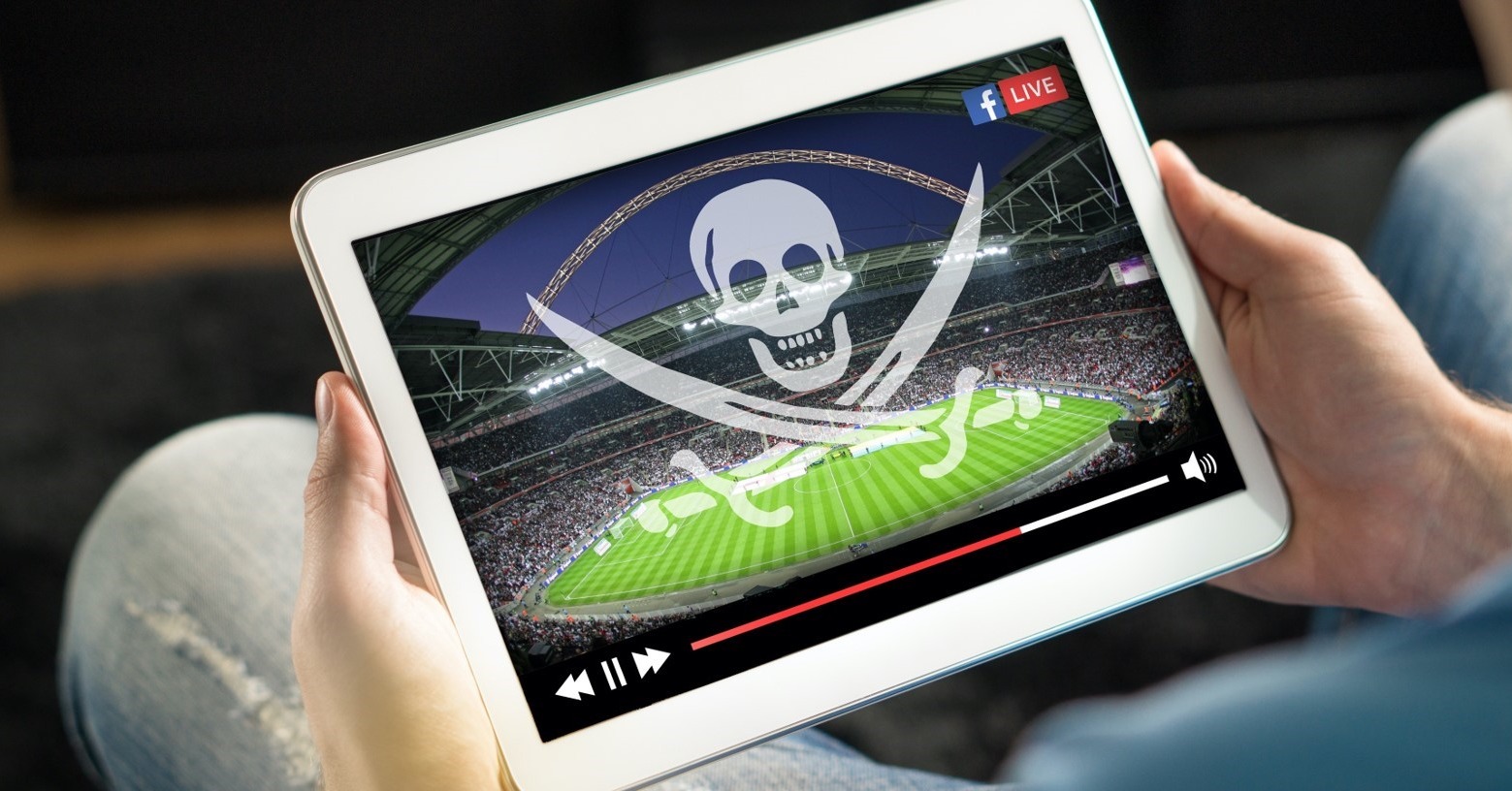
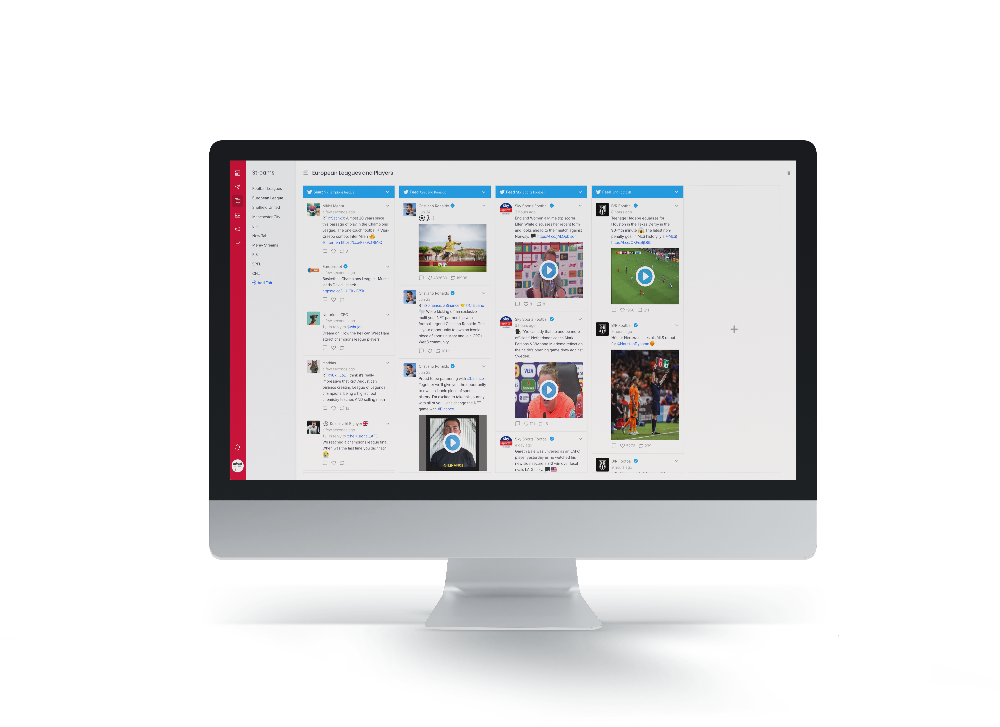


.png?width=300&name=Phone%20Mockups%20(32).png)
.png?width=400&name=platform%20(1).png)
